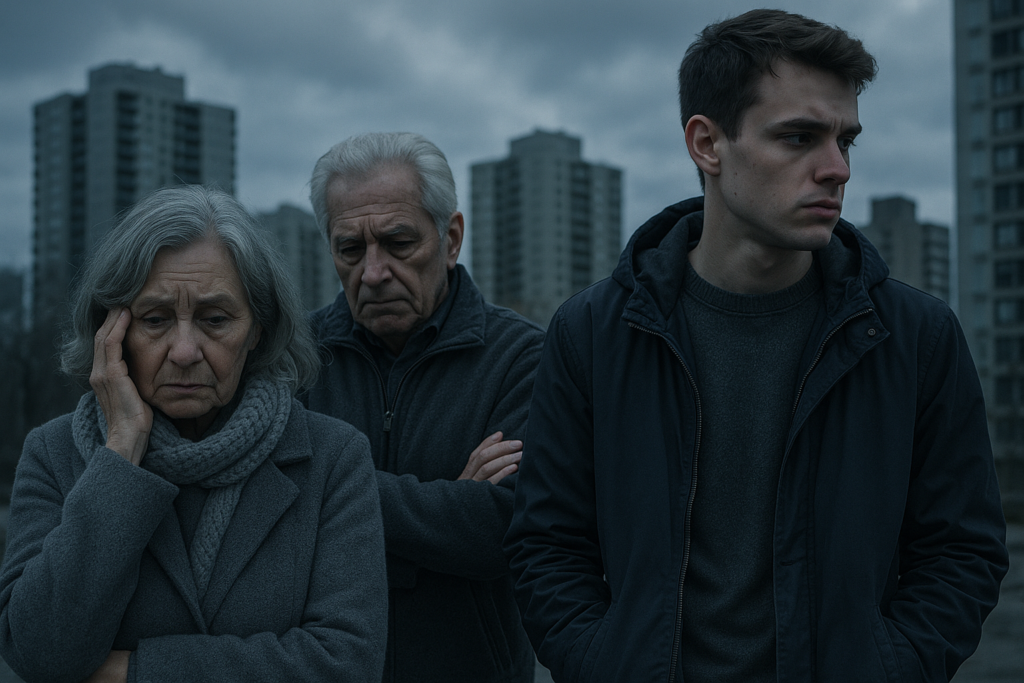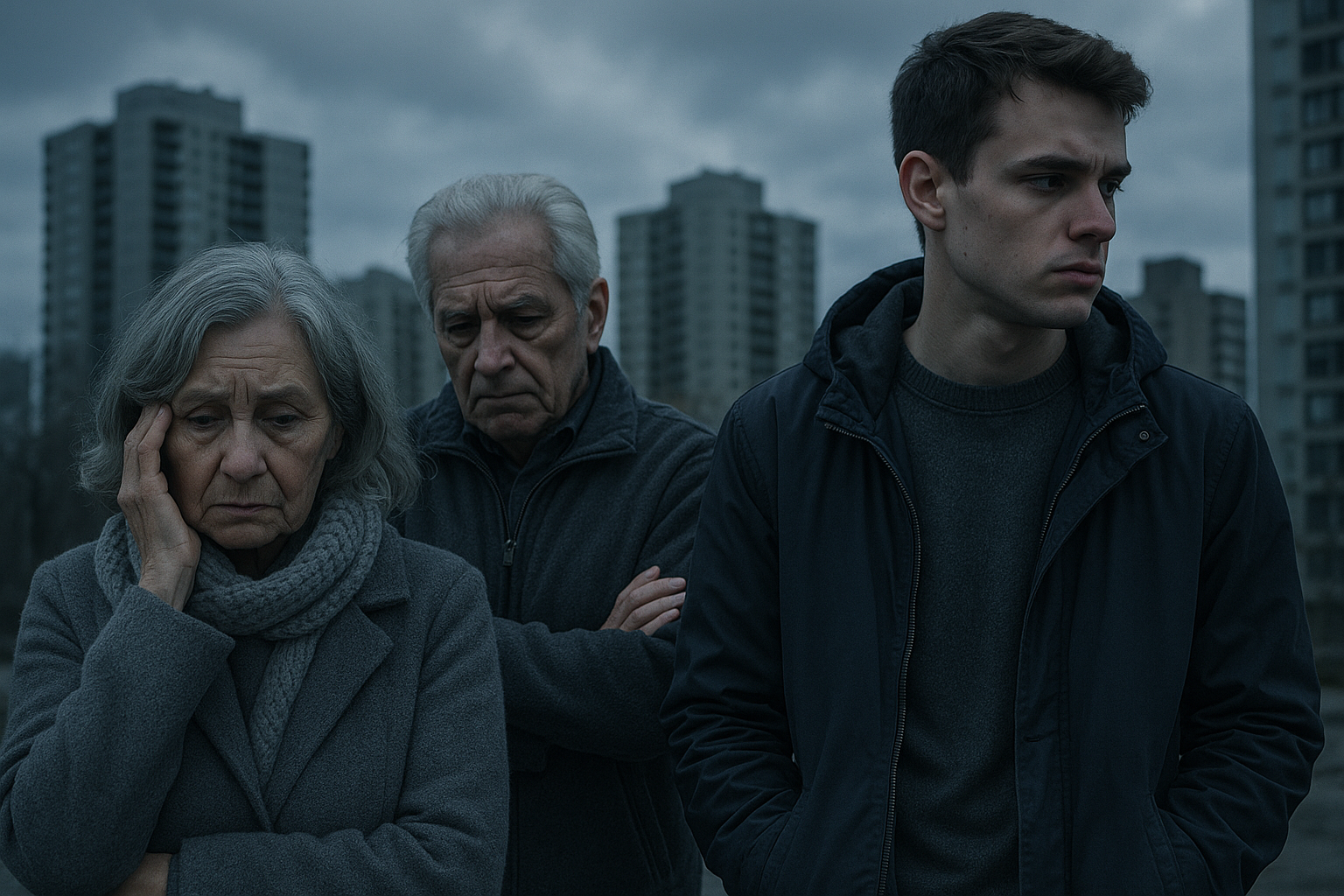The society known for its human behavior is not able to spend time with the grandparents—those who were our true storytellers.
By Ayaan Saroori
“A grandparent is a little bit parent, a little bit teacher, and a little bit best friend.” The proverb still rings true, but in an age ruled by smartphones and relentless schedules, that truth is slipping away. Across both rural hamlets and urban high-rises, a quiet tragedy is unfolding—our grandparents, once pillars of wisdom and warmth, are being sidelined.
The modern family’s rhythm rarely allows for slow conversations over tea, or the patient storytelling of elders. Instead, screens have replaced eye contact, and notifications have drowned out the gentle voice of experience. What used to be a cherished intergenerational bond has, in many homes, withered into polite distance.

I realised the depth of this loss one afternoon when a colleague, eyes red from crying, kept muttering, “Buddha mar jata”—”If only the old man had died.” Shocked, I asked what had happened. His reply was chilling in its ordinariness: his grandfather had stopped him from playing football. That was all. The words, casually cruel, revealed something far deeper—the absence of respect, patience, and emotional connection between generations.
Once, a grandparent’s wisdom was like words etched in stone—trusted, followed, revered. Today, it can feel like an unwanted imposition. Many children avoid conversations with their grandparents, and parents, too busy or too distracted, fail to bridge the gap. The intrusion of technology into every corner of family life has only widened the distance.
This erosion of connection is not happening in isolation. A mix of factors—smartphone addiction, negative parental attitudes towards elders due to family conflicts, and the decline of joint family systems—has created an environment where grandparents feel invisible. In some cases, their presence is reduced to a formality, remembered only on birthdays or during property disputes.

But their value cannot be measured in material terms. Our grandparents are living archives—of culture, resilience, and lessons that no textbook can teach. They have navigated wars, poverty, and social upheaval, yet still stand ready to share their stories and blessings. They ask for little—just a few minutes of conversation, a shared meal, a walk in the garden.
Instead, our uneven schedules and misplaced priorities often leave them isolated. We seek relaxation in holiday resorts, beaches, or mountain escapes, yet remain glued to our phones even there. At home, the same pattern plays out—we miss the chance to listen to our own family storytellers. Every word they speak carries a blend of memory and moral, of emotion and guidance.
Spending time with grandparents should not feel like an obligation. It should be instinctive—a reflex born out of love and respect. Whether they are teaching us to handle life’s storms or simply sharing a laugh over childhood mischief, these moments are irreplaceable.
The question is no longer “Do our grandparents feel important?” but “Are we making them feel important?” We must re-learn the simple act of sitting down with them, away from screens, and giving them the space to be heard. In doing so, we not only honour them but also enrich ourselves with the wisdom they carry.
In a time when the noise of modern life threatens to drown out the voices of our elders, choosing to listen is a quiet act of rebellion—and perhaps, the most meaningful inheritance we can claim.
The views expressed in this article are solely those of the author and do not necessarily reflect the opinions or views of this Magazine.

Leave a Reply